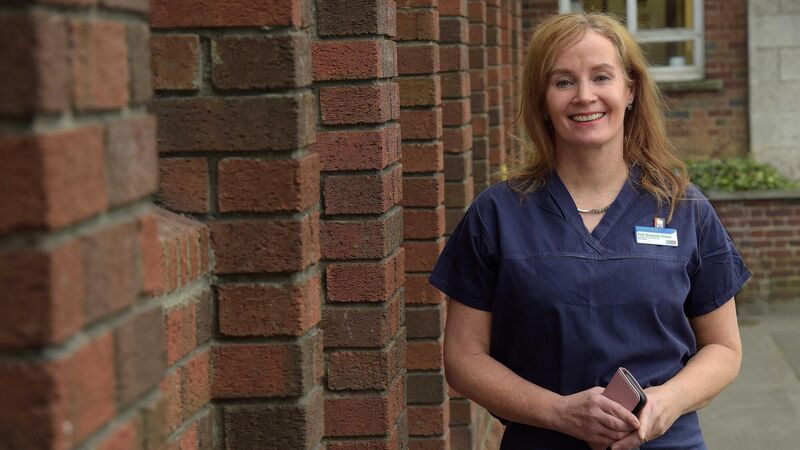Removal of warning in medical guide to not deliberately kill patients 'misinterpreted'

Suzanne Crowe, President of the Irish Medical Council. Picture: Moya Nolan
The removal of a warning to not deliberately kill a patient from the Medical Council’s latest guide to professional conduct was “misinterpreted by some”, an Oireachtas committee has heard.
The Oireachtas committee on assisted dying heard that the Medical Council, which regulates doctors in Ireland and ensures high standards, currently has no position on assisted dying.













